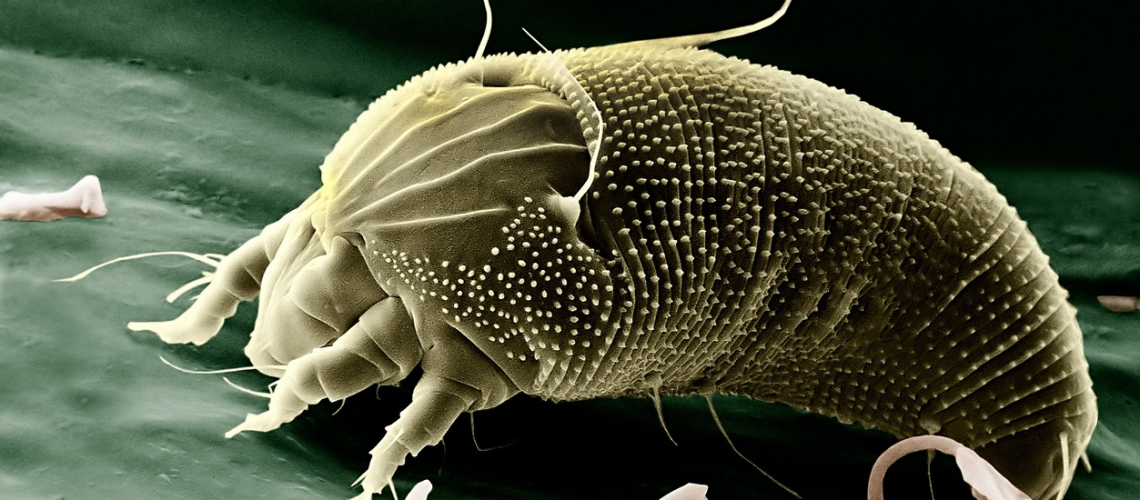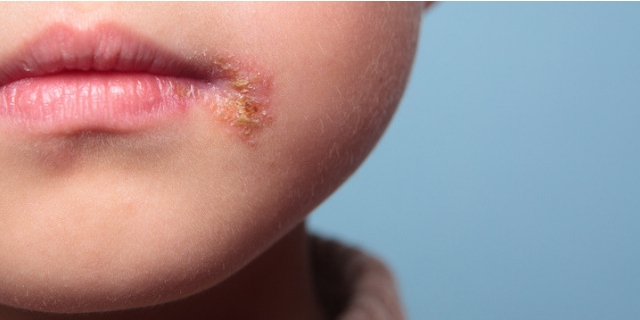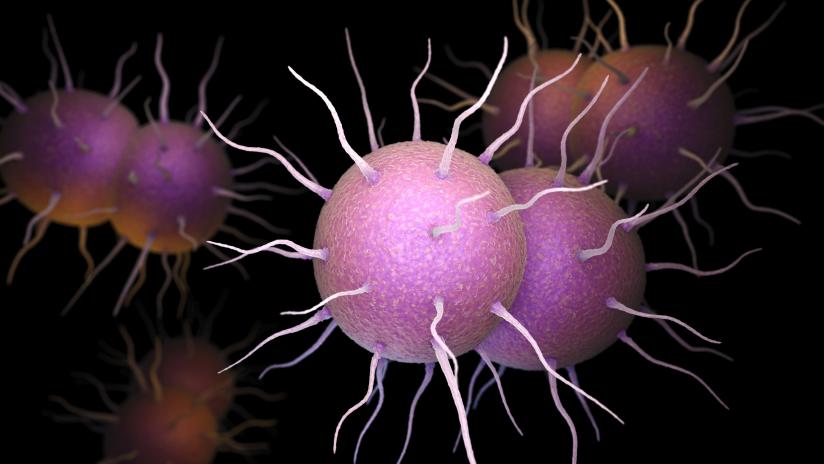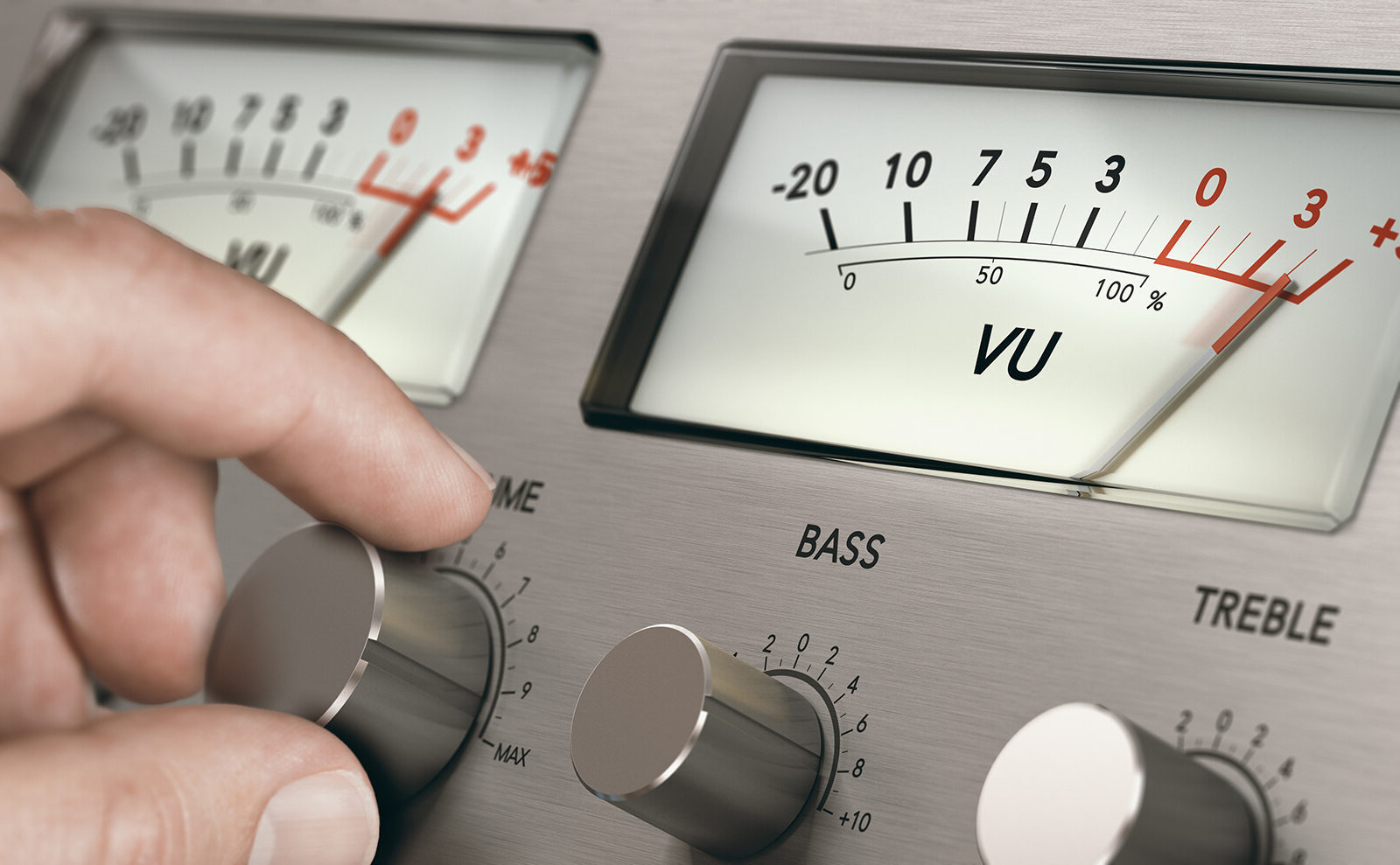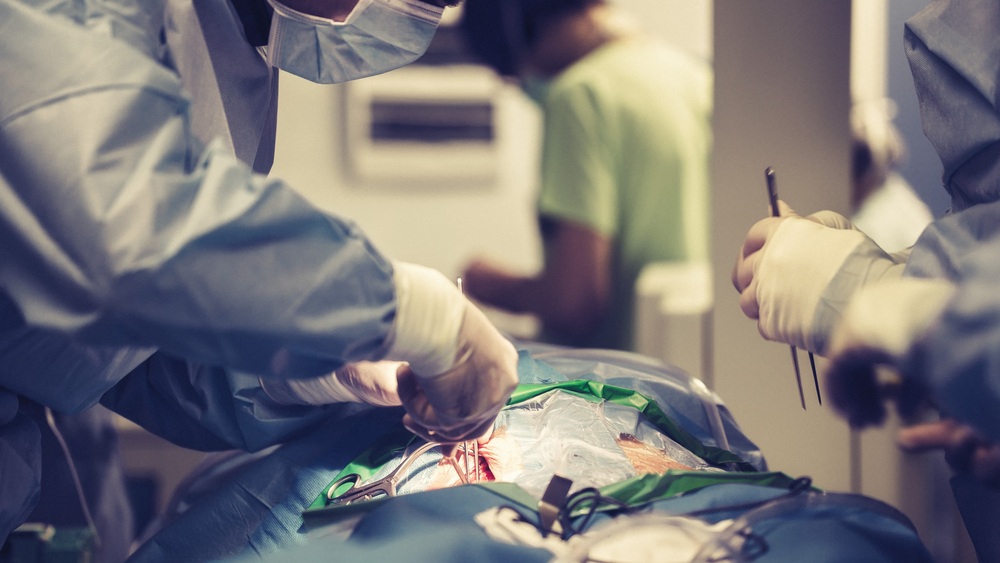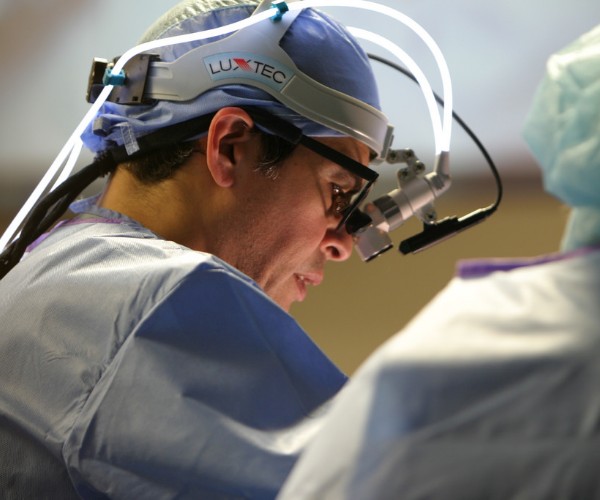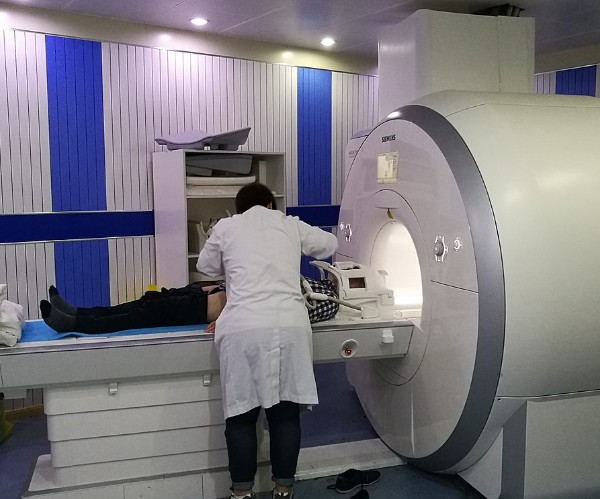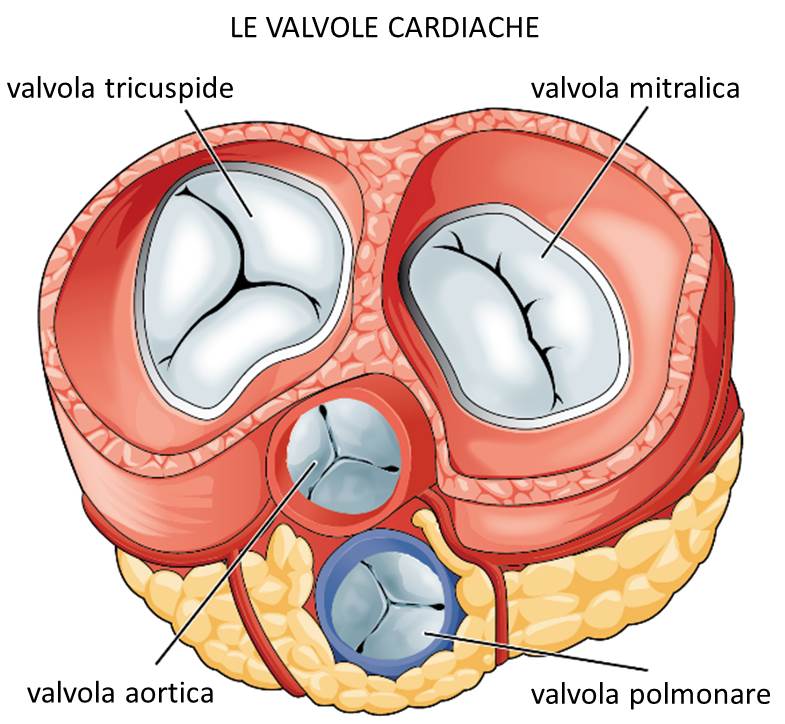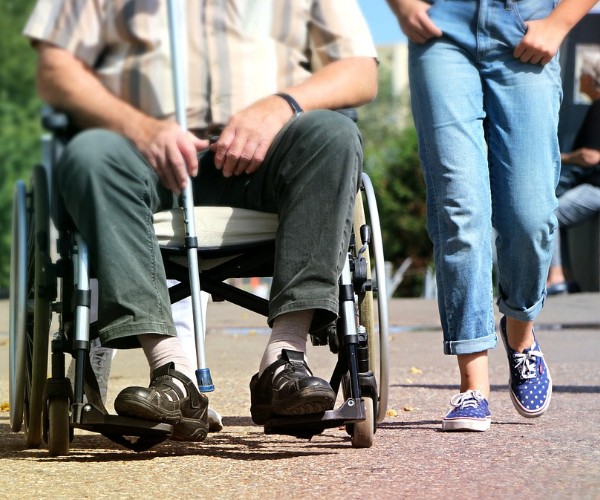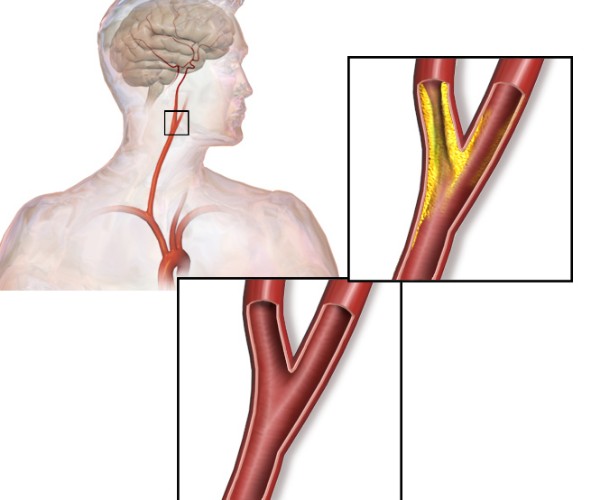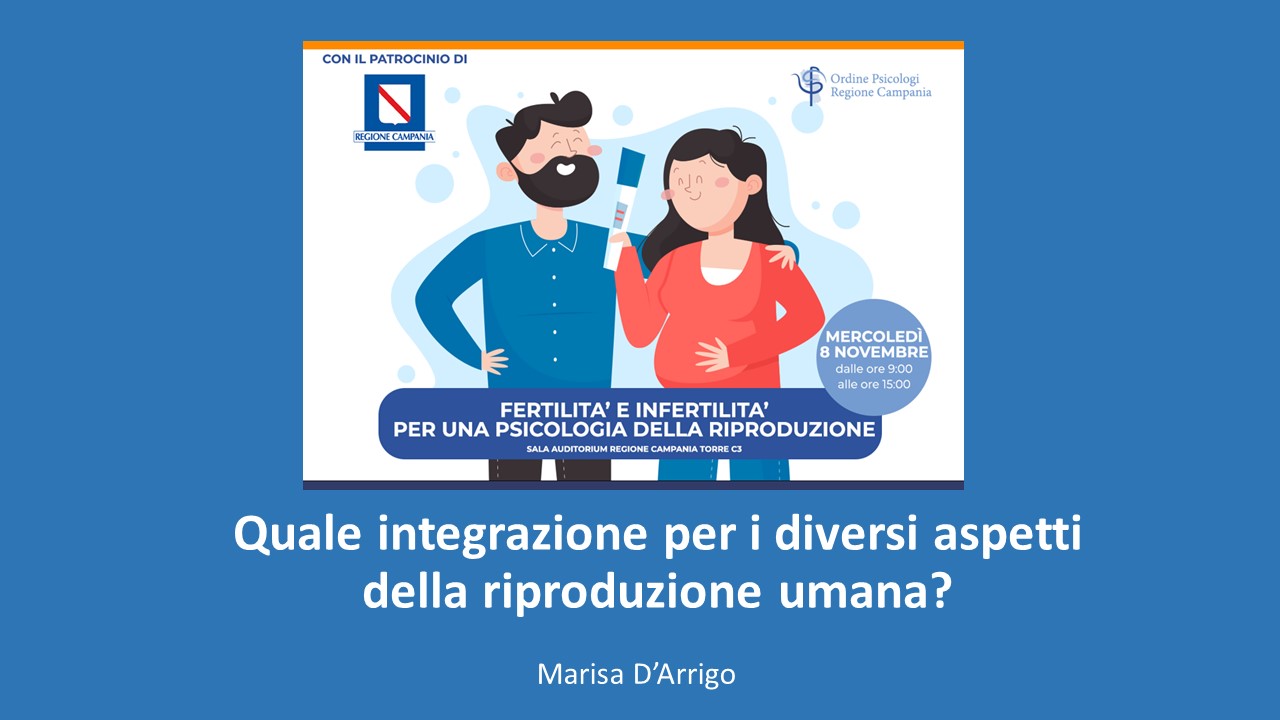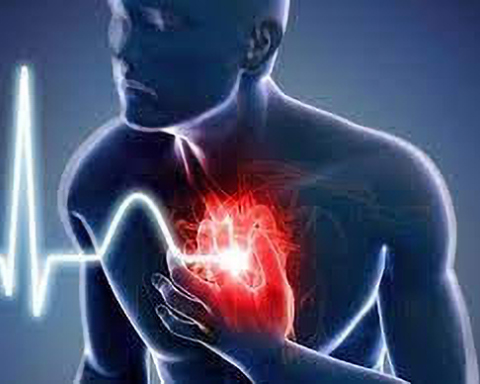It allows you to maintain a bright smile and fresher, more pleasant breath, with definite benefits in interpersonal and work relationships and positive effects on self-esteem. Reduces the risk of having to endure significant suffering due to gum disease and dental damage and the dental care required to remove it. It saves not insignificant amounts of money, which can be better used for enjoyable activities, travel, necessary purchases or to take courses that increase knowledge and skills. Alongside these countless and diverse benefits, careful and frequent daily oral hygiene now seems to be able to offer additional and particularly relevant ones on the cardiac health front.
According to the results of a recent study published in the European Journal of preventive Medicine, one of the scientific journals of the European Society of Cardiology (ESC), brushing teeth well several times a day would also reduce the risk of developing two of the most prevalent heart diseases in the population globally: atrial fibrillation (the most frequently encountered cardiac arrhythmia, which can occur as early as 35-40 years of age, either in isolation or in association with other cardiovascular diseases) and heart failure (a disease more typical of advanced age, in which the heart gradually loses its ability to pump blood into the blood vessels, leading to a progressive deterioration in overall physical condition and ability to perform daily activities).
Researchers at Ewha Womans University in Seoul, Korea, arrived at this conclusion by monitoring for more than a decade more than 161,000 people included in the database of the Korean National Health Insurance System, one of the insurance systems that provide health coverage to Korean citizens. The people considered in the study, were aged 40 to 79 years and were free of atrial fibrillation and heart failure at the time of enrollment in 2003-2004. Each participant underwent a thorough preliminary clinical evaluation, with information collected on weight, height, presence/absence of disease, lifestyle, oral health status, and oral hygiene behavior.
During the observation period, 4,911 participants (accounting for 3.0% of the total) developed atrial fibrillation, while 7,971 (accounting for 4.9%) were diagnosed with heart failure. Both diseases are known to be favored by a variety of risk factors, such as age, sex, exercise level, body weight, alcohol consumption, socioeconomic status, and the presence of other diseases that may directly or indirectly interfere with heart function. By purifying the analysis of all these potentially confounding factors, the researchers found that the level of oral hygiene maintained over the 10.5 years of follow-up could have a significant independent impact on cardiac health. Specifically, it was observed that people who brushed their teeth at least three times a day (i.e., indicatively, after each of their main meals) had a 10% lower risk of developing atrial fibrillation and a 12% lower risk of developing heart failure.
Since this is an observational study, the data obtained are insufficient to establish a definite causal link between oral hygiene and propensity to be affected by these two heart diseases, let alone to trace the mechanisms underlying the protective effect of more assiduous tooth brushing. However, based on information from previous studies, it can be hypothesized that more frequent and thorough brushing can remove more bacteria from the gingival sulcus (plaque) by preventing/reducing their passage into the bloodstream. This would maintain a lower level of inflammation in the body in general, with positive repercussions for the heart and the entire cardiovascular system.
At the moment, it cannot be stated with certainty that brushing teeth at least three times a day actually reduces the risk of atrial fibrillation and heart failure, but pending new studies it may be advantageous in any case to take more careful care of oral hygiene, in view of the countless benefits of maintaining better oral health anyway.
Sources
- Chang Y, Woo HG, Park J, et al. Improved oral hygiene care is associated with decreased risk of occurrence for atrial fibrillation and heart failure: A nationwide population-based cohort study. Eur J Prev Cardiol. 2019.
- Meyre P, Conen D. Does tooth brushing protect from atrial fibrillation and heart failure? Eur J Prev Cardiol. 2019.





